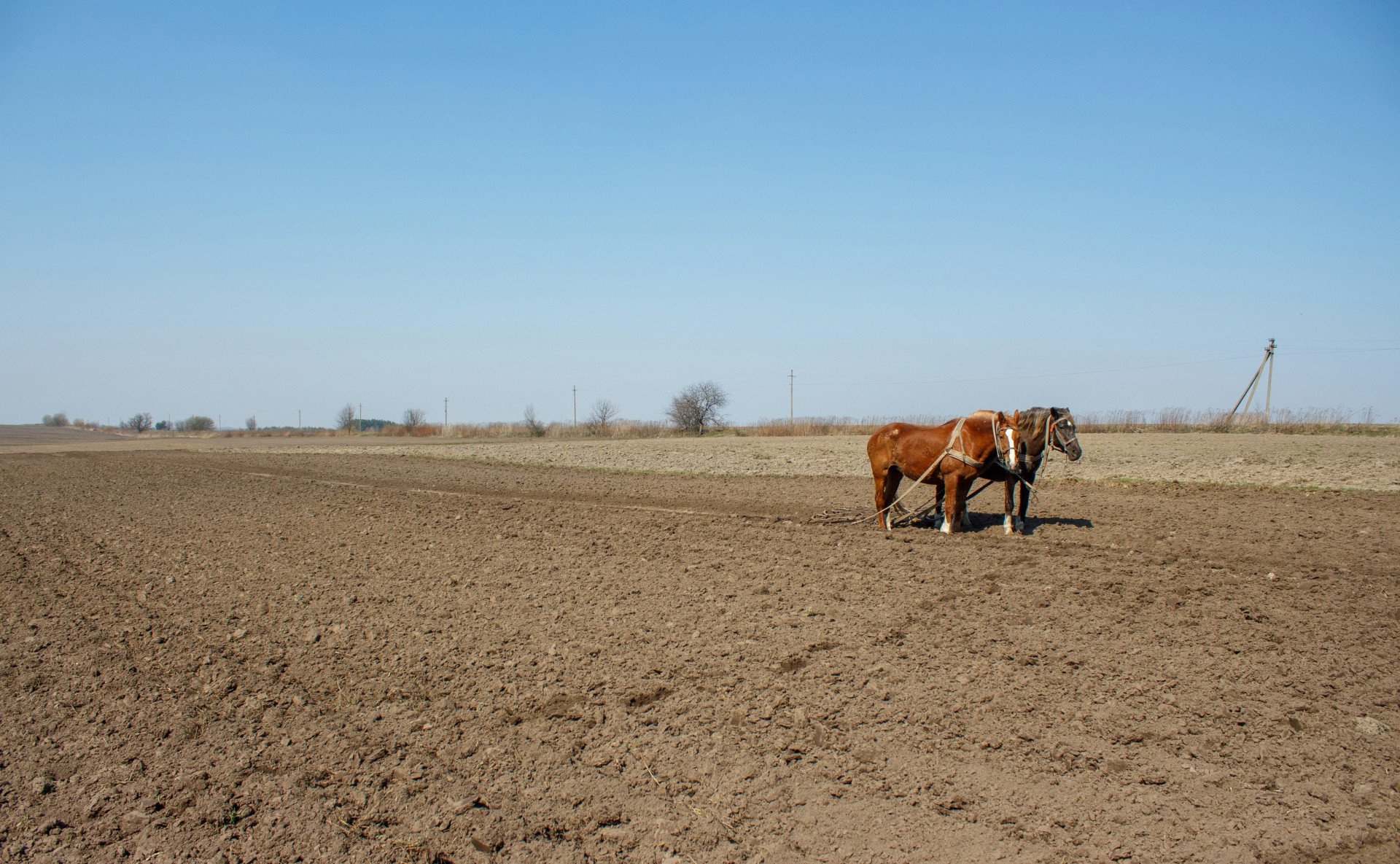- Category
- Business
Polish Farmers’ Blockade Hurts Both Ukraine and Poland

Ukrainian officials are questioning the ongoing Polish farmer blockade at the border, as Poland previously banned imports of Ukrainian grain. EU officials have joined in expressing confusion over the farmers' rationale for the protest.
Ukrainian Prime Minister Denys Shmyhal has called on Polish farmers to end their blockade of the Polish-Ukrainian border, saying it is hurting both countries' economies.
The blockade, which began on November 6, 2023, is in protest against a temporary wartime EU agreement that allowed Ukrainian trucks to deliver and collect goods to and from the EU without the usual permits. Polish farmers say the imports are unfair competition and are driving down prices.
But Shmyhal said that Ukraine has not been selling grain to Poland for the past five months, and that all Ukrainian agricultural exports through Poland are in transit to other countries.
“Only 5% of our agricultural exports go through the Polish border today,” Shmyhal said in a statement. “The blockade is hurting the entire Polish-Ukrainian trade, and the economies of our countries. Not only Ukraine is losing, but also Polish entrepreneurs who export goods worth $12 billion to our market every year.”
The blockade has caused significant delays for trucks carrying goods between Ukraine and Poland. The Ukrainian State Border Guard Service said on March 11 that Polish farmers were blocking five checkpoints.
Ukrainian Minister of Infrastructure Oleksandr Kubrakov has said that Ukraine is not trying to compete with Polish farmers, but is instead trying to replace Russian agricultural products on the European market.
“We are not competing with Polish farmers,” Kubrakov said. “We are trying to replace Russian agricultural products on the European market. Russia is a major exporter of agricultural products, and we want to take its place.”
“Poland has banned imports of Ukrainian grain. So what are Polish farmers protesting against?” — Executive Vice President of the European Commission Valdis Dombrovskis
In a UNIAN interview, EU official Valdis Dombrovskis questioned the Polish farmers' protests, pointing out that Poland has already banned imports of Ukrainian grain. This highlights a potential misunderstanding or the possibility that the protests are motivated by broader concerns within the Polish agricultural sector.
Ukrainian agriculture belongs in the EU, says Kyiv’s top trade official
Taras Kachka, Ukraine’s top trade negotiator, believes that the blockade and the negative sentiment towards Ukrainian imports are based on emotions rather than facts. He emphasized that Ukraine’s agricultural sector is ready to adapt to meet EU standards and that integration into the EU market would be mutually beneficial.
Kachka argues that discussions on the future of EU agriculture must include Ukraine, potentially leading to reform of the Common Agricultural Policy (CAP). He highlights that change will be necessary on both sides and that speculation without thorough discussions can create uncertainties for all involved.
The situation on the Polish-Ukrainian border remains complex. However, both sides are taking steps to improve cooperation and address the challenges.
The recent meeting between Deputy Ministers of Infrastructure highlights the ongoing commitment to finding solutions through dialogue. While difficult issues remain, this willingness to engage is crucial for addressing concerns on both sides.

-270e13af43760897c8cb3e7f3ee9adf1.png)

-b63fc610dd4af1b737643522d6baf184.jpg)

-099180a164f53abb1128c9b5025a2b0e.jpg)
-46f6afa2f66d31ff3df8ea1a8f5524ec.jpg)
-4390b3efd5ecfe59eeed3643ea284dd2.png)